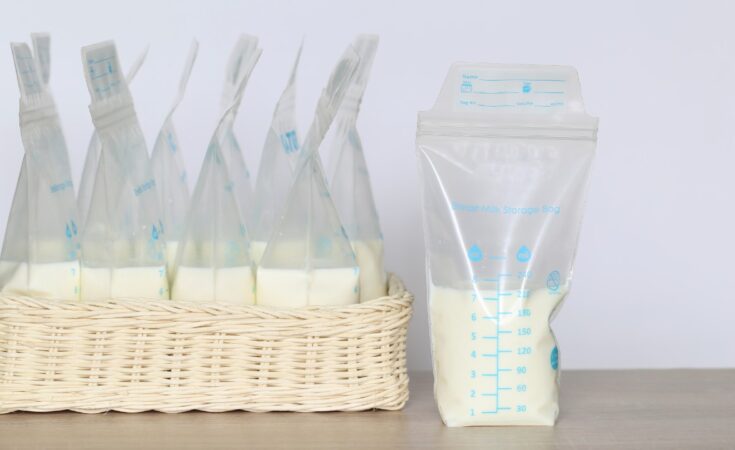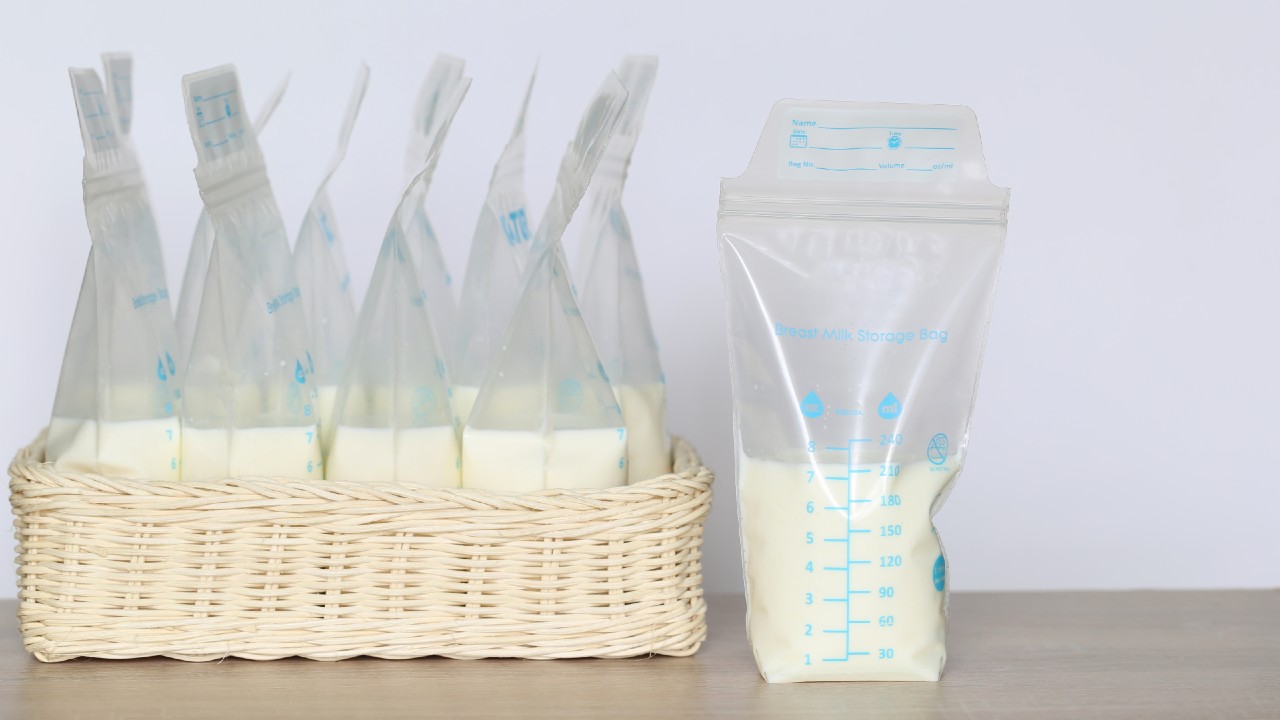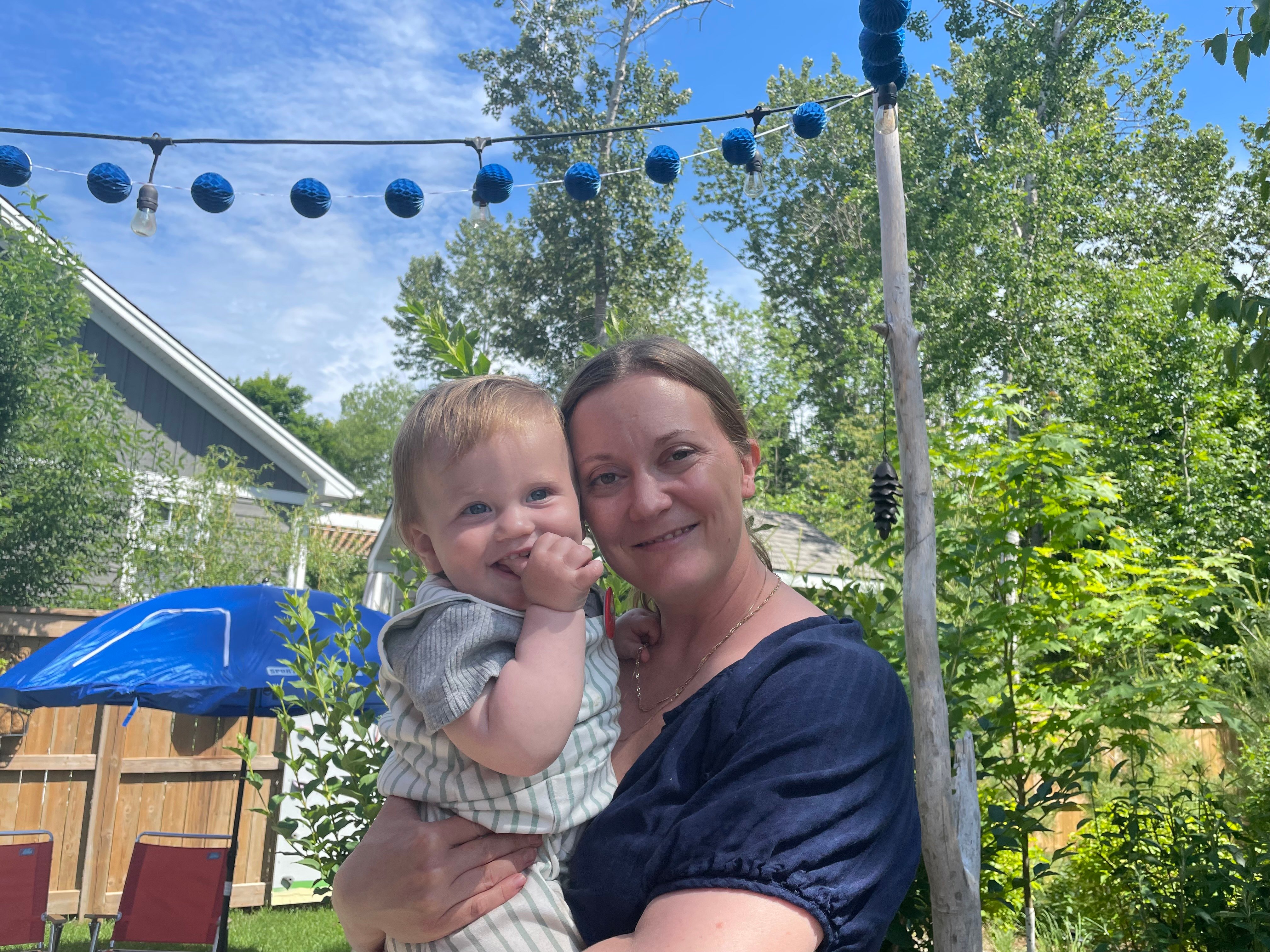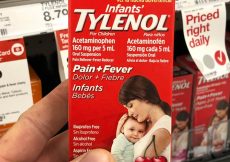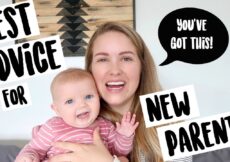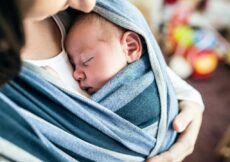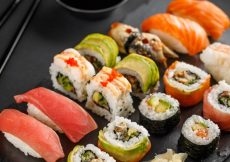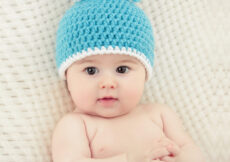This simple act helps researchers learn more about breastmilk antibodies and makes me feel like I’m doing something that matters.
I love maternity leave, but staying home during a pandemic with my baby and preschooler for more than a year left me with a weird sense of nearly-constant helplessness. Playing with my kids and binging Netflix after bedtime was lovely, sure, but I didn’t feel like I was contributing to the larger world. It was not until I had my “Covid baby,” got vaccinated, and had the chance to donate my breast milk to an antibody study that I finally felt hope.
I got my first dose of a COVID mRNA vaccine in April, when my son was 10 months old. I was so heartened to see so many new parents lining up for their vaccines, with their babies in tow. These tired young moms and dads were getting vaccinated for their own protection and for the public good, even when it wasn’t an easy system for anyone to figure out, and even when the lines were long.
The second that vaccine was in me, I felt like I had a superpower. I could finally do something to keep my baby safe. Soon after, I jumped at the chance to participate in a post-vaccine breastmilk antibody study through Mount Sinai Hospital in Toronto.
The milk study I joined was geared towards finding out if antibodies to SARS-COV-2 are secreted into the breastmilk of those who are recently vaccinated. They’re also interested in understanding when antibodies first appear in a nursing mom’s breastmilk, and how long they continue to be present.
After receiving my first dose of vaccine, I hand-expressed (I hate pumping) 15ml once a day for seven days. I used the provided droppers and vials to split up each 15ml, then did this once a week until four weeks after my second dose. It’s all in the freezer in marked orange biohazard bags (appetizing!) and they’ve provided a UPS label to speed ship it all back to the milk bank when I’m done.
Honestly, participating has been liberating. For the first time, I finally feel like I’m doing something concrete—something that matters.
Photo: Courtesy of Laura Cockburn-Tulk
I did see lots of judgement and uninformed comments online, criticizing nursing moms for getting vaccinated at all, and suggesting donors and study participants like me are using their children as “test babies.” While those fear-mongering types were judging other moms, spreading misinformation and prolonging the pandemic, I felt like I was literally squeezing out a little hope each time I sat down to hand-express. I was finally making a tangible contribution to this global crisis, instead of just following the news and infection rates.
And now we know—spoiler alert!—from all the other studies going on that the emerging evidence is encouraging. Vaccine ingredients are NOT found in breastmilk, but antibodies ARE. And it’s accepted that getting the vaccine while pregnant or nursing is safe, and even recommended: babies of vaccinated moms have been born with antibodies, and babies breastfed by vaccinated moms may gain some protection, too.
In fact, I know some vaccinated parents are even pumping in order to restart lactation, so they can give their child their post-vaccination milk. Some moms on maternity leave are delaying weaning to offer some sort of protection to their babies. And I’ve heard of others regularly giving their older children pumped milk mixed with chocolate milk, to give them the only protection (other than masks and isolation) they can, until vaccines for kids are available.
Contributing to science in this confusing time—helping us find answers and the path out of this pandemic—was very cool, in a science-nerd way, and it was comforting. It was a way to do my part for the common good, and it gave me a sense of momentum during the miserable third wave this past spring. I also felt a little less scared nursing my sweet-smelling baby in the middle of the night, thinking of new variants and their unknown impacts or long-haul ramifications, knowing he was a little more protected. And it felt like together, we were getting one step closer to returning to normal life.

